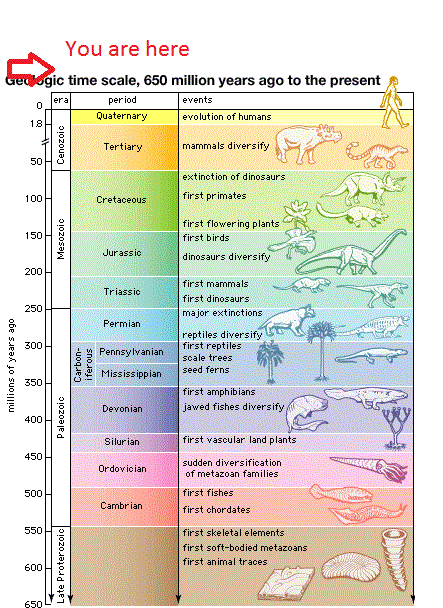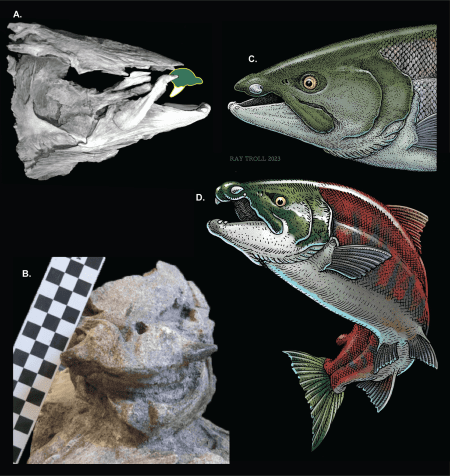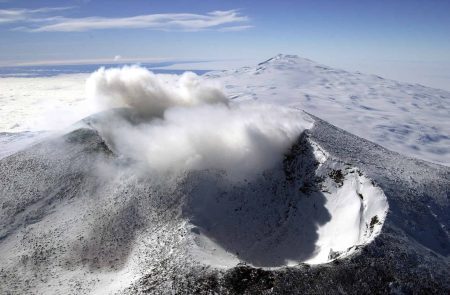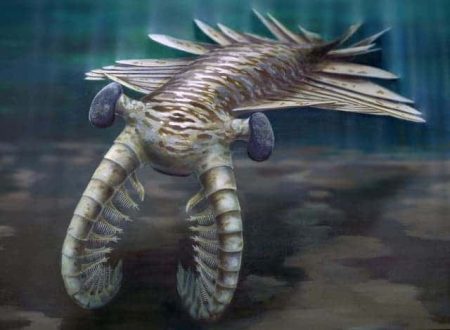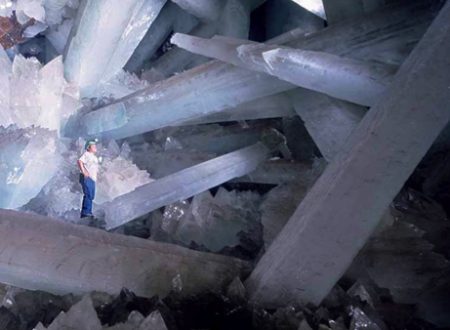We are living epoch changing times – literally. According to an influential and evergrowing group of geologists, there are more and more signs that we are living in an epoch that is like no other in the history of the Earth, and therefore it is required that we acknowledge it as so – the Anthropocene.
Humans and the Anthropocene
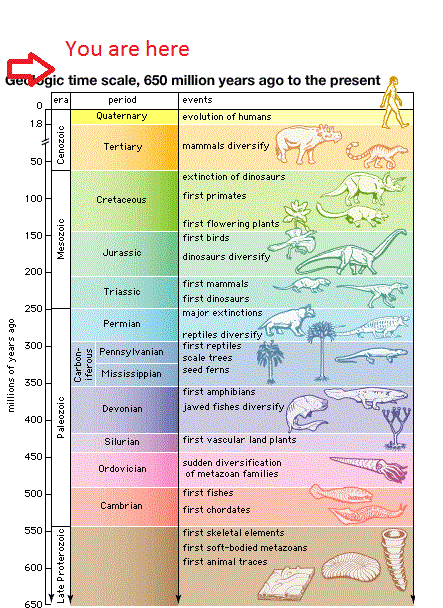
If millions of years from now, humans or some other alien geologists were to look into our planet, they would find significant layers of human influenced rocks, in the same way that we can see the impact of dinosaurs in the Jurassic or the impact of trilobites in the Paleozoic. As a result, scientists are pushing to have it recognized.
“We don’t know what is going to happen in the Anthropocene,” says geographer Professor Erle Ellis of the University of Maryland. “But we need to think differently and globally, to take ownership of the planet.”
Anthropocene, a term coined in 2002 by Nobel laureate Paul Crutzen, literally means ‘the age of man’, and it basically places our species on the same scale with earth shattering asteroid and planet cloaking volcanoes. Geologists claim, for example, that human traces will be observable in the atomic bomb tests (or launches), plastic pollution, and the human driven mass extinction – let’s not beat around the bush, this is what we are doing.
“Geologists and ecologists are already using the term ‘Anthropocene’, so it makes sense to have an accepted definition,” says geologist Dr Jan Zalasiewicz of the University of Leicester. “But, in this unusual case, formal recognition of the epoch could have wider significance beyond the geology community. By officially accepting that human actions are having an effect on the makeup of the Earth, it may have an impact on, say, the law of the sea or on people’s behaviour.”
While some geologists disapprove with it, pretty much everybody agrees with one thing: we made a huge mark on our planet; we changed it, we sometimes broke it. Now we have to man up and take responsibility for what we have done, save what can be saved, and start improving what can be improved. If we want to own the planet, we have to take care of it first.





